News
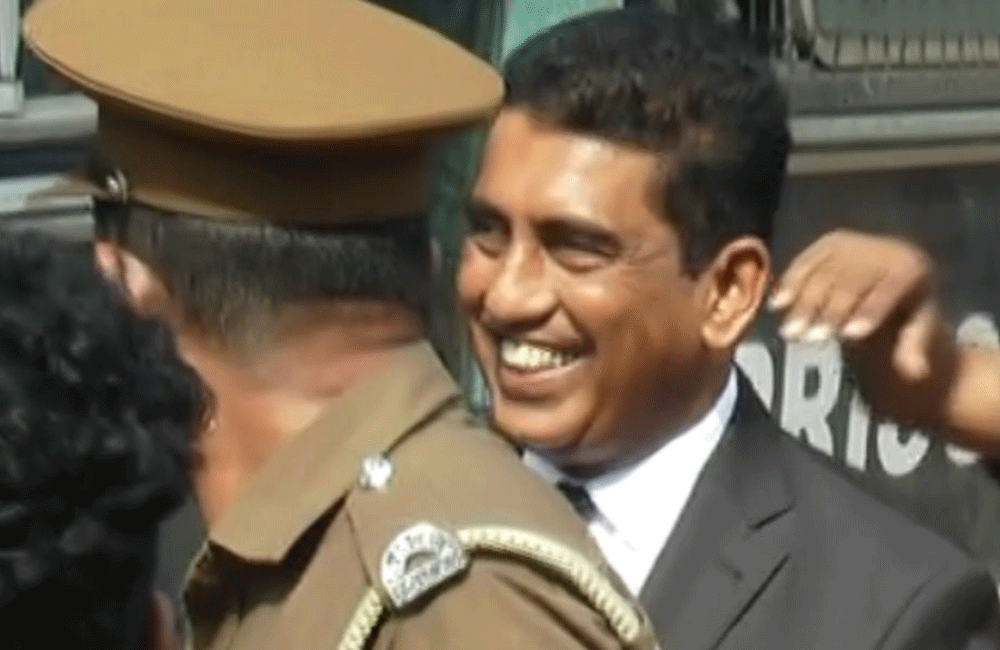
Johnston Fernando released on bail
Former Minister Johnston Fernando, who was arrested and remanded over the unregistered luxury vehicle allegedly belonging to him found parked in a star-class hotel premises, has been granted bail.
He was ordered to be released on 5 surety bails of Rs. 5 million each by the Colombo Fort Magistrate’s Court, Ada Derana reporter said.
Former Minister Johnston Fernando, was arrested by the CID on October 23 over an incident of an unregistered luxury vehicle allegedly belonging to him found suspiciously parked at a star-class hotel premises, and he was remanded until October 30 by Colombo Fort Magistrate.
The Former MP was arrested after he had arrived at the CID to provide a statement regarding the unregistered BMW car, allegedly belonging to him.
Meanwhile, two suspects had surrendered to the CID in connection with the incident yesterday (29), where they were subsequently arrested and produced before the court.
The duo were ordered to be released on two surety bail of Rs. 500,000 each, after being produced before Colombo Fort Magistrate’s Court.
(adaderana.lk)
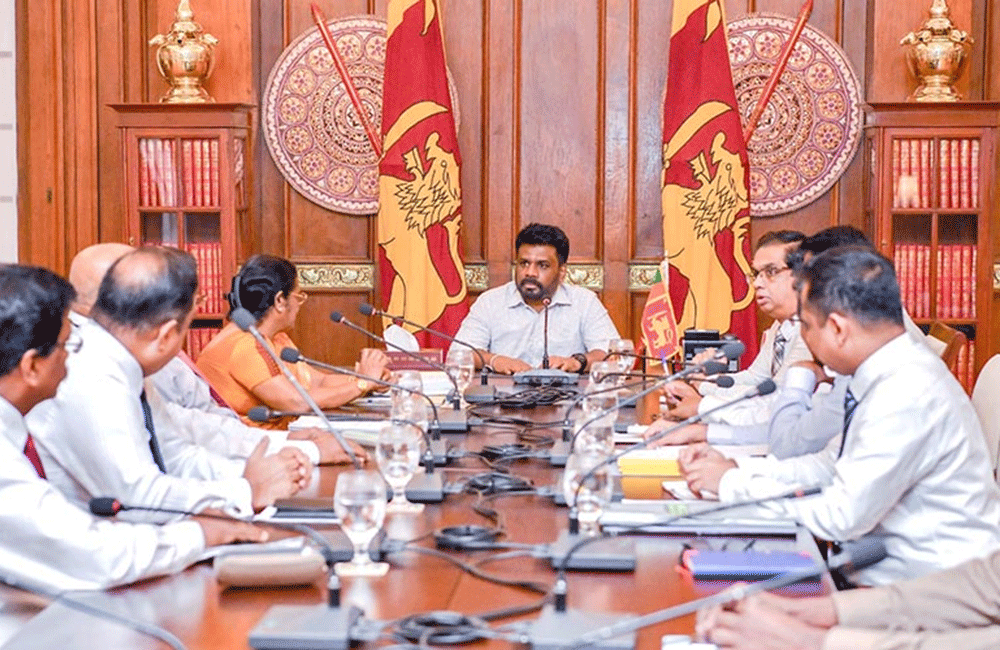
President Stresses Need to strengthen the National Procurement Commission
President Anura Kumara Dissanayake emphasized the importance of implementing a procurement plan and strengthening the National Procurement Commission (NPC).
The President shared these views in a meeting held at the Presidential Secretariat this morning (28), where he engaged in an in-depth discussion with NPC officials on the current procurement laws and procedures.
Officials from the National Procurement Commission informed the President that although around 60% of all government expenditures, including capital expenses, should ideally follow a proper procurement process, shortcomings in this process are causing significant losses to the government. This, they noted, creates greater opportunities for fraud and corruption.
The discussion also covered issues related to delays, lack of transparency, and inefficiencies in the procurement process. Attention was given to minimizing shortcomings in handling unsolicited proposals and Public-Private Partnership (PPP) procurements.
President Dissanayake pointed out the need to further expand the authority of the NPC to establish more systematic procurement planning.
The meeting was attended by Secretary to the Presidential Dr. Nandika Sanath Kumanayake, NPC Chairperson Sudharma Karunaratne, and other officials from the National Procurement Commission.
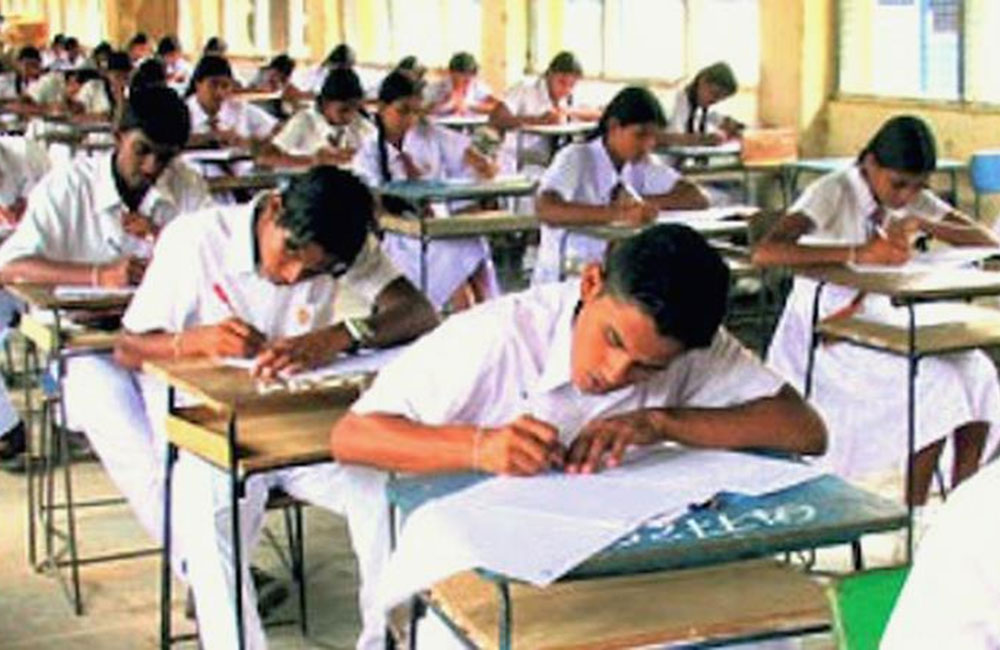
2024 A/L exam to be held as scheduled
The Commissioner General of Examinations Amith Jayasundara urges students appearing for the 2024 Advanced Level examination to download the official schedule exclusively from the Examination Department’s website.
Speaking at a special press conference held today (30), Jayasundara confirmed that all preparations are complete to conduct the A/L examination from November 25 to December 20, 2024, as scheduled, with no postponement.
Jayasundara noted that the examination dates were determined in March of this year. However, he raised concerns about misinformation circulating on social media, which has created uncertainty among students regarding the exam schedule.
The Exams Commissioner General emphasized that the students should rely solely on announcements from the Examination Department, advising candidates not to be misled by social media advertisements or other unofficial sources.
The Commissioner General added that the exam admission cards will be issued to candidates shortly. He also acknowledged that both he and the department have received multiple requests to postpone the exams, largely due to challenges posed by the country’s ongoing crises.
However, Jayasundara said that the dates of the A/L examination were decided paying attention to the total time period required for covering all the subjects, adding that over recent years, national examinations have faced scheduling irregularities, a situation he hopes will stabilize by late 2025 or early 2026.
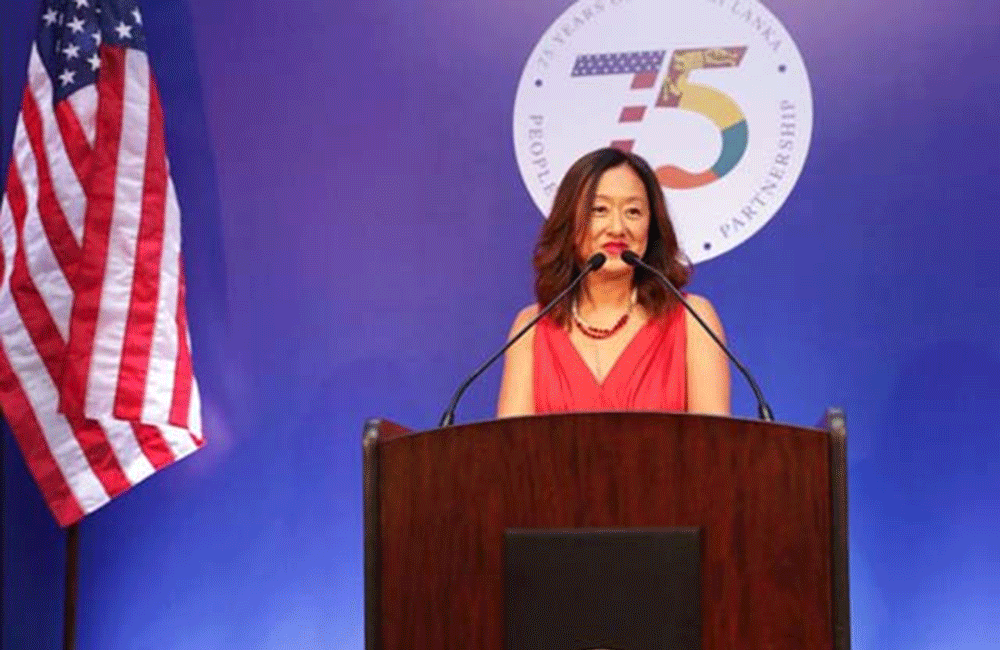
No Travel Ban on Sri Lanka, Confirms U.S. Ambassador
Julie Chung, the U.S. Ambassador to Sri Lanka, has clarified that there is no travel ban on Sri Lanka.
Addressing recent concerns, she emphasized that the U.S. security alert issued last week was specific to the Arugam Bay area due to a particular threat.
"When we became aware of a specific threat in the Arugam Bay area, we shared these known details with the Sri Lankan authorities, who responded quickly," Chung stated. "We continue to actively coordinate with them on a daily basis, and we value our partnership with Sri Lanka's leadership and security officials, whose commitment to safety and transparency is notable."
Chung also addressed misinformation circulating about the travel advisory.
"Our security alert last week is for Americans to avoid Arugam Bay until further notice, but our overall security advisory for Sri Lanka remains exactly the same at Level 2, which has been so for many years. This is similar to advisories for many other popular destinations, including the Maldives, France, and Italy. All the same at Level 2, Sri Lanka remains at Level 2," she added.
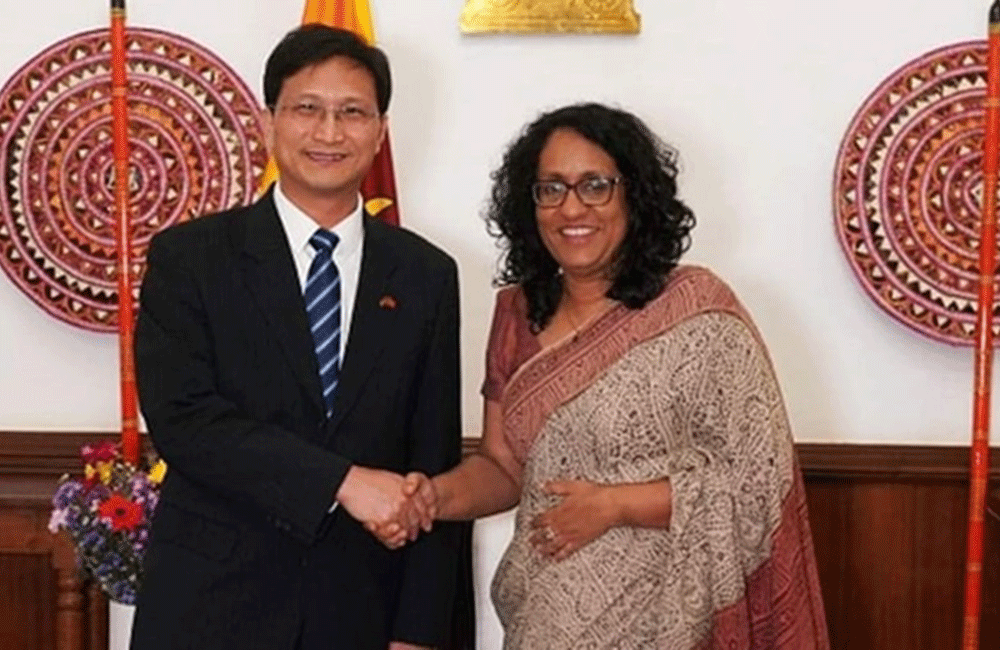
SL & China hold talks on future engagements
Sri Lanka and China have engaged in discussions on future engagements, with both parties emphasizing a commitment to deepening bilateral relations.
The discussions took place between Prime Minister Harini Amarasuriya and the Chinese Ambassador to Sri Lanka Qi Zhenhong at the Prime Minister’s Office today.
A statement from the PM’s Office said the discussions, in particular, focussed on exploring new avenues for investment and collaboration to foster economic growth and mutual prosperity.
During the meeting, Ambassador Qi Zhenhong conveyed the Chinese Government’s support for Sri Lanka’s flood relief efforts, reinforcing the longstanding partnership between the two nations.
Responding, PM Amarasuriya expressed her appreciation to Ambassador Qi for China’s timely generosity and support during this crucial period.
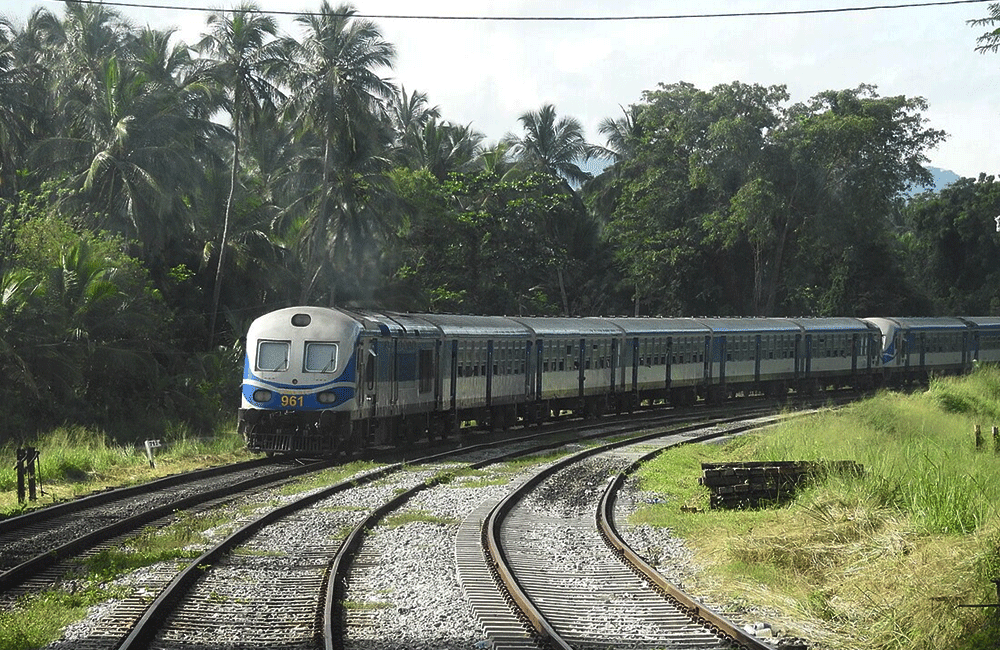
Colombo-KKS train services to resume tomorrow (28)
The Department of Railways has announced that train services from Colombo Fort to Kankasanturai will resume tomorrow, October 28, as the renovated Mahawa-Anuradhapura section of the Northern Railway Line reopens.
This resumption follows months of suspension due to maintenance and modernization work. Deputy Director of Traffic M. J. Indipolage stated that while train services will be restored, safety gates for railway crossings are still being installed.
The Railway Department advises the public to exercise caution at crossings and follow safety protocols.
New train timetable on the northern line:


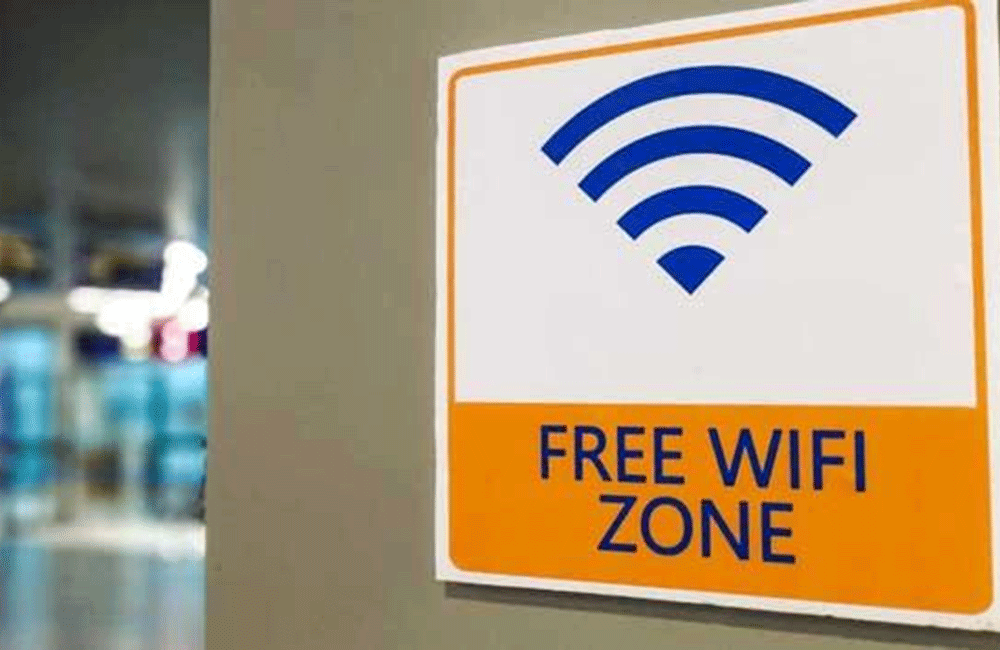
Beware of ’Evil Twin’ attacks when using public Wi-Fi networks
The Sri Lanka Computer Emergency Readiness Team (SLCERT) is urging the public to exercise caution when using public Wi-Fi networks due to the risk of 'Evil Twin' attacks.
These attacks involve hackers setting up fake networks that mimic legitimate ones, potentially compromising users' sensitive information.
Cybersecurity experts are warning about these "evil twin" attacks, a type of Man-in-the-Middle (MitM) threat in which hackers create fake Wi-Fi networks to steal data or gain access to devices. These rogue networks, designed to resemble legitimate free Wi-Fi, often lure unsuspecting users in popular public locations such as airports, cafes and parks.
Hackers can deploy these networks almost anywhere, making it easier to intercept private information from connected devices. Security professionals advise users to be cautious when connecting to unfamiliar Wi-Fi networks, especially in public spaces, to avoid falling victim to these deceptive tactics.
These fake networks, often set up alongside legitimate Wi-Fi services, enable cybercriminals to intercept sensitive data, such as passwords and personal account information.
SLCERT advises the public to avoid accessing personal accounts, emails, or performing any financial transactions when connected to public Wi-Fi networks to minimise security risks.
(dailymirror.lk)
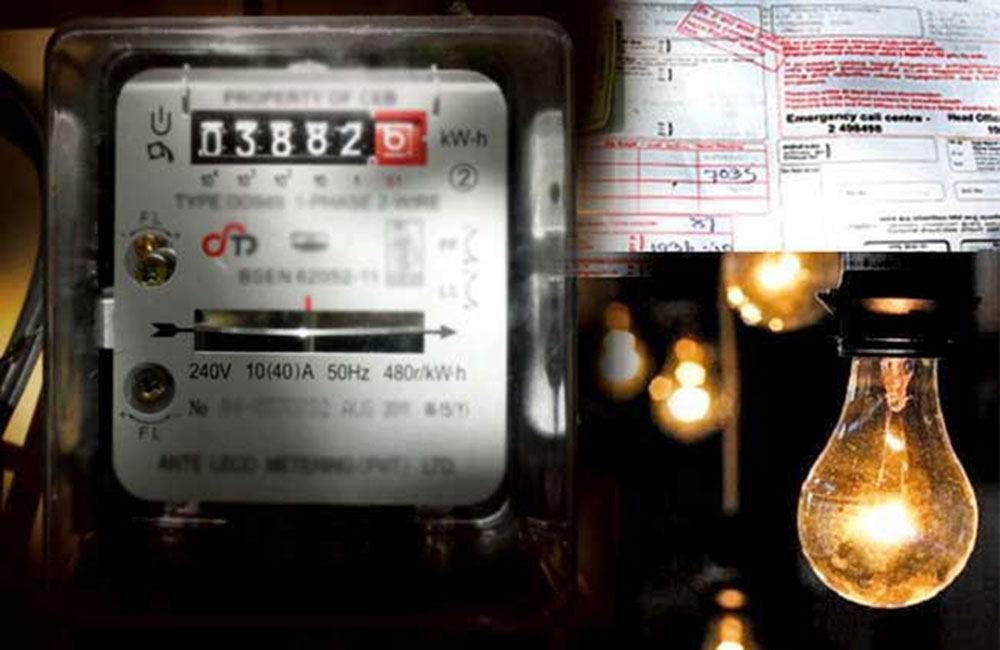
CEB proposes 6% electricity tariff revision for December
The Ceylon Electricity Board (CEB) has submitted its proposal for a possible tariff revision in December to the Public Utilities Commission of Sri Lanka (PUCSL), marking the third quarterly review for the year.
According to the PUCSL, the upcoming electricity tariff adjustment is expected to be a modest increase, anticipated at 6% across all sectors.
PUCSL Director of Corporate Communications Jayanath Herath noted that a reduction ranging from 4% to 11% had initially been considered, but the current proposal suggests a moderate 6% adjustment.
The proposed changes are currently under review by PUCSL.
Following this, the proposal will undergo a public consultation phase before a final decision is made. Should the commission require additional modifications, the Electricity Board will receive feedback on Monday for further action, he added.
This marks the third adjustment of electricity tariffs this year. The first revision in March resulted in a 21.9% revision for all segments, followed by a 22.5% reduction in July.
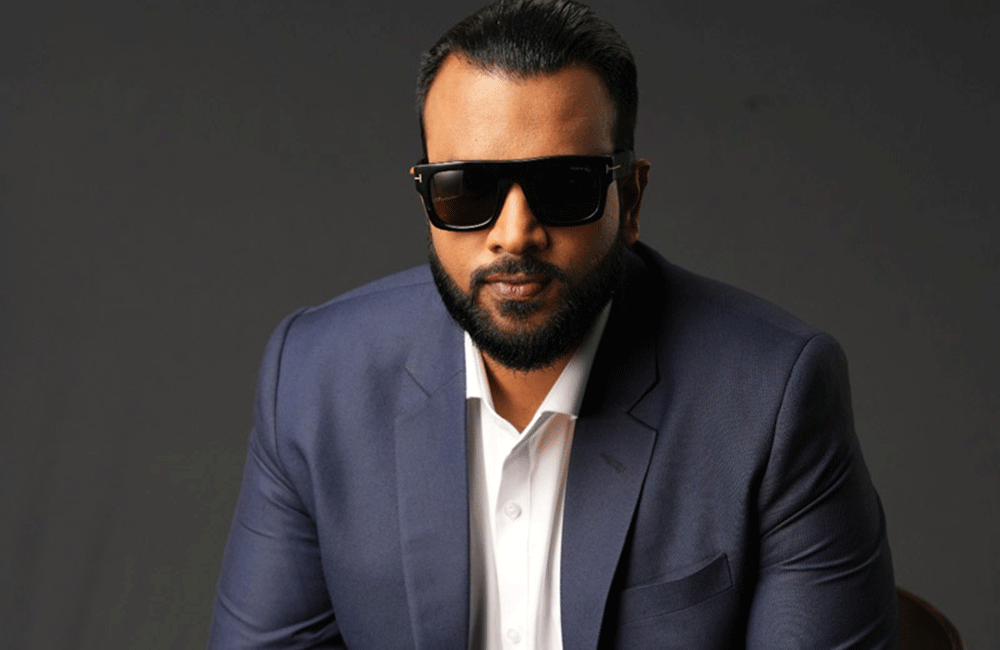
Foreign investments on hold under NPP regime, says Keshal Jayasinghe
Not a single foreign investment agreement has been signed since Anura Kumara Dissanayake assumed the presidency, said UNP activist Keshal Jayasinghe.
The general election candidate who contests under the ‘gas cylinder’ was addressing young entrepreneurs in Dehiwala yesterday (28).
He noted the basis for a country’s development is investments, which the state alone cannot fulfil.
Jayasinghe recalled what economist Joan Robinson had said as head of the first World Bank delegation to have visited Sri Lanka.
“Ceylon ate the fruit before she has grown the tree,” Robinson said, by which she meant that the country hd used up investment funding.
Rather than investments by the state, private investments are the key to a country’s development, said the election candidate.
For instance, Henry Ford pioneered the US economy, while it was Matsushita, Toyota and Hitachi for Japan, Hyundai, Kia, Dawoo, Samsung did it for Korea, while Ambani, Adani, Birla, Bajaj and Tata were the investors who developed India.
Are private investors the enemy?
Since independence, Sri Lanka treated private investors as the enemy, said Jayasinghe, adding the first attack against them came when the SLFP-led regime took over in 1956.
Private enterprises on the path to growth were taken over by the state, causing disappointed investors to leave the country.
The second attack came under the coalition regime of 1970, when it peoplised many private investments that had been growing since 1960.
Opposition by the parties
Private investors started getting encouragements only under the 1977 UNP government’s open economic system that brought in a large number of investors.
They helped to generate employment for the increasing workforce.
Jayasinghe charged the opposition always opposed private investments in order to gain political mileage.
Lessons learnt from Kandalama
Referring to the Kandalama hotel project which his father headed, Jayasinghe said environment impact assessments had been obtained and the intention was to recruit staff from the area.
Today, the project has ensured employment for a considerable number of area residents, while a large number of indirect job opportunities have also been generated.
Contrary to claims by opponents, the hotel has caused no damage to the tank or the environment in Kandalama.
Instead, value has been added to the ecosystem towards its preservation, he said.
Now, the country needs private investments for economic growth, for which confidence-building among the investors is essential.
The Ranil Wickremesinghe regime initiated efforts towards that end, with the economic transformation act incorporating all the required legislation, added Jayasinghe.
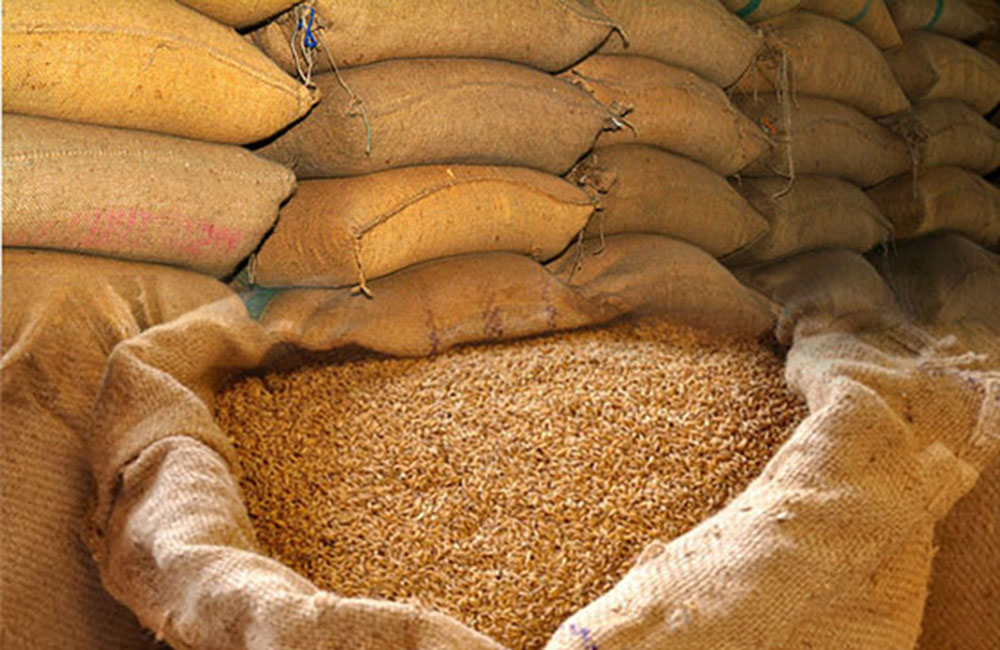
Ministry of Agriculture Begins Paddy Stock Survey
The Ministry of Agriculture has initiated a survey of all paddy stocks stored across Sri Lanka.
Ministry Secretary M.P.N.M. Wickramasinghe announced that the survey will take place today and tomorrow, with a team including officers from the Consumer Affairs Authority assigned to oversee the process.
Special inspections will focus on paddy warehouses in the Polonnaruwa, Anuradhapura, and Ampara districts, known for their substantial paddy storage.
Both small and medium-scale, as well as large-scale paddy mill owners' warehouses, will also be inspected.
M.P.N.M. Wickramasinghe said that the study of the survey will be reported to the President the following day.
He added that the Ministry has decided to maintain safety stocks by purchasing the paddy harvest from the high season through small and medium-scale paddy millers.
The Paddy Marketing Board is also planning to acquire a safety stock of 400,000 metric tons of paddy.
During recent discussions between the President and large-scale paddy mill owners, an agreement was reached to release rice in the market below the control price.
However, the Secretary noted that market surveys indicate this has not yet occurred.
While rice mill owners claim a shortage of Nadu rice, M.P.N.M. Wickramasinghe pointed out that 78 percent of the last season's paddy cultivation has been done with Nadu.

Money Printing claims : Central Bank reveals what happened
There have been recent claims in the media that the Central Bank of Sri Lanka (CBSL) has “printed” Rs. 100 billion on 25 October 2024, through its Open Market Operations (OMOs).
It is important to clarify that these claims are not accurate and are baseless. The liquidity (money) injected through OMOs is a routine central banking function aimed at managing adequate liquidity in the banking system for the purpose of stabilizing the short-term interest rates in the economy and ensuring price stability, and hence it should not be grossly misinterpreted as “money printing.”
What is Money Printing? “Money printing” generally means issuing new money to the economy and in economic terms, new money issued by a central bank is known as ‘reserve money’ or ‘base money’.
Reserve money is also called the ‘monetary base’ of the country (or high-powered money), as the commercial banks can create more money based on the money issued by the central bank. Reserve money is also treated as the monetary liabilities of a central bank and this is reflected in the liability side of the central bank balance sheet, which includes total currency issued by the central bank and the commercial banks’ deposits with the central bank. During 2024, reserve money issued by the CBSL has only increased by about Rs. 147 billion, which is an adequate amount to facilitate transactions in the economy.
During 2024,reserve money increase was an outcome of significant purchases of foreign currency by the CBSL, while there has been a reduction in the stock of government securities held by the CBSL.
One of the determining factors of new money issued to the economy by the CBSL in the past was purchasing Treasury bills by the CBSL directly from the primary market. However, with the introduction of the Central Bank of Sri Lanka Act, No. 16 of 2023, which came into effect in September 2023, the CBSL is now prohibited from printing money through the purchase of government securities in the primary market to fund the government.
Purpose of OMOs:
The main objective of the CBSL is to maintain domestic price stability, which means keeping inflation low and stable. Monetary policy, which is the strategy that a central bank manages interest rates and the money supply, is used to maintain price stability.
The OMOs are a key instrument of monetary policy of a central bank. Currently, the CBSL relies on market-based policy instruments to implement monetary policy effectively, and hence one of the primary tools used in this process is the OMOs.
Under the OMOs, the CBSL provides liquidity to the commercial banks for the purpose of preventing sudden changes in the interest rates that can destabilize the economy.
Therefore, OMOs are a tool used by the CBSL to maintain stability in short-term interest rates, specifically the interbank call money rates. The CBSL conducts market operations to manage liquidity to ensure stability in the short-term interest rates.
OMOs are carried out through auctions involving the purchase or sale of government securities on either a temporary or permanent basis from the secondary market. Therefore, OMOs are predominantly short-term operations that help in managing liquidity imbalances in the banking system. During 2024, the liquidity injections by the CBSL are mostly overnight (1 day) or for 7 days. These operations were used as temporary liquidity injecting measures aimed at stabilizing the financial system by managing upward pressure on interest rates, and thereby ensuring smooth functioning of the economy and cannot merely be interpreted as money printing.
Furthermore, central banks worldwide regularly conduct similar operations to manage liquidity conditions. These are routine and standard actions carried out by central banks in liquidity management under monetary policy implementation.
Current Context:
During 2024, the CBSL has conducted frequent liquidity injections due to persistent liquidity asymmetries, despite the prevailing surplus in the banking system. Although the money market operates with surplus liquidity, this surplus is unevenly distributed among commercial banks, creating liquidity needs for domestic banks, for their day to day operations, including lending to the customers. Certain commercial banks have faced severe liquidity shortfalls due to stricter exposure limits for interbank transactions following the sovereign credit rating downgrade.
Money market lending by the foreign banks operating in Sri Lanka has remained limited, despite their significant liquidity surplus, due to the strict exposure limits. Hence, the CBSL’s liquidity injections have addressed these shortfalls, ensuring that short-term interest rates, especially the call money rates remain stable.
Without such interventions by the CBSL, short-term interest rates could have increased sharply, disrupting the broader economy and affecting the CBSL’s ability to meet its inflation target.
Conclusion:
The above-mentioned media reports have misinterpreted the auctions and monetary operations conducted by CBSL as a part of its regular Open Market Operations. There has been no “money printing” or issuance of liquidity to finance the government’s budget by the CBSL. These actions are part of the standard process of monetary operations aimed at achieving the CBSL’s objective of price stability.
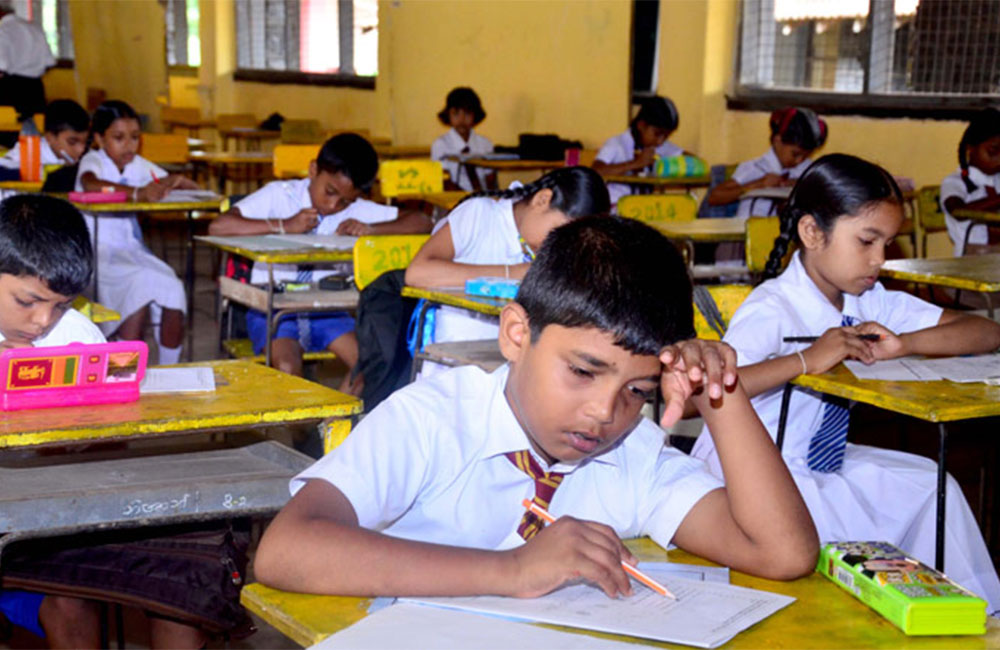
FR petition over Grade 5 Scholarship exam fixed for consideration
The Supreme Court has ordered for the Fundamental Rights (FR) petition filed seeking an order preventing the release of the 2024 Grade 05 Scholarship Examination results and the cut-off marks, to be taken up for consideration on November 18.
The petitioners have requested the Supreme Court through their FR petition that an order be issued invalidating question paper 01 of the 2024 Grade 05 Scholarship Examination of which certain questions are alleged to have been leaked, and that the exam be held again.
The petition was taken up before Supreme Court Justice Arjuna Obeysekera today (24).
The court ordered the respondents to submit any objections to the petition before November 5, and any further objections related to those were ordered to be submitted before November 12.
Accordingly, the next hearing of the petition has been fixed for November 18 to confirm the facts of the petition.
The petitions were filed by the parents of several students who sat for the 2024 Grade 05 Scholarship Examination which was held on September 15, 2024.
Page 174 of 681